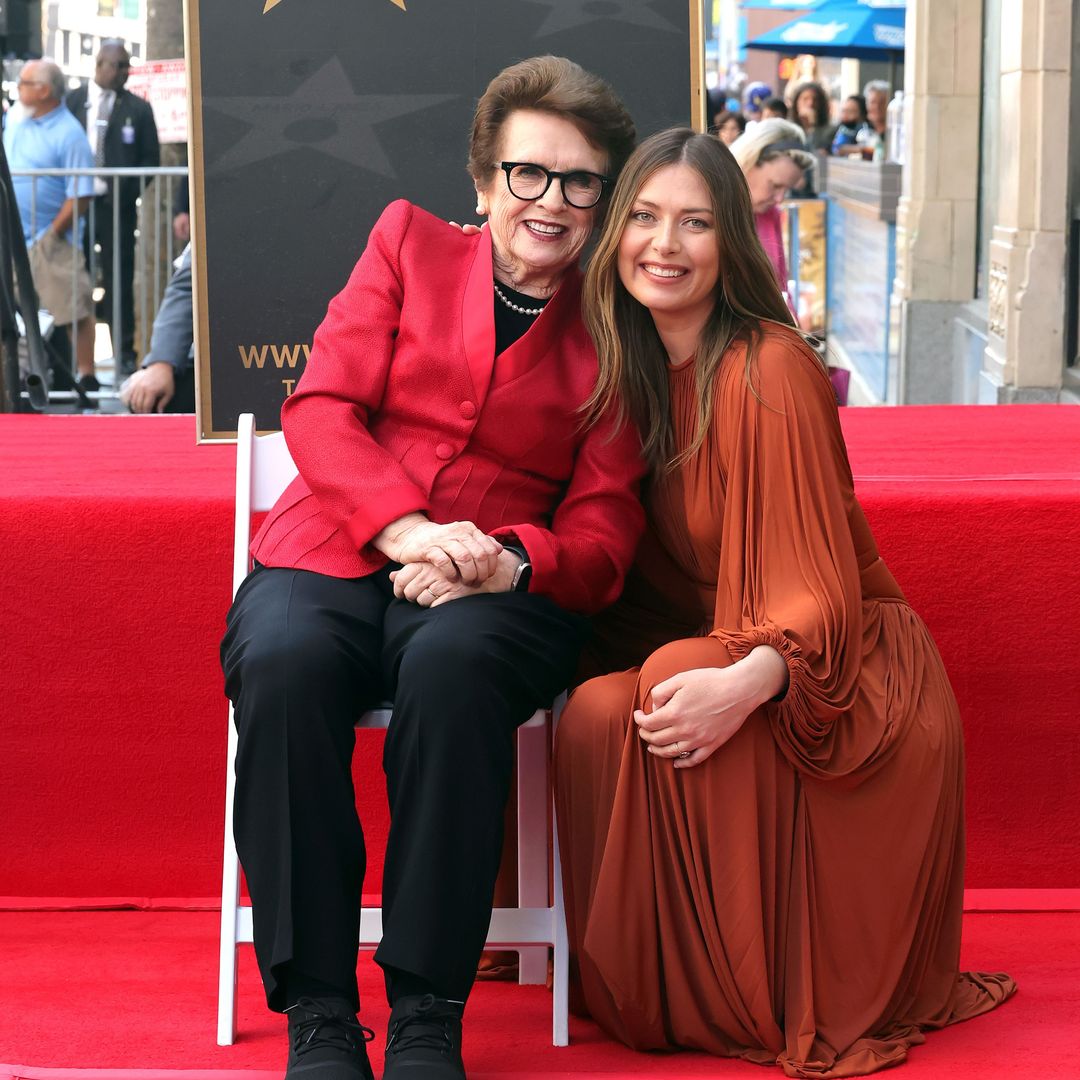Wimbledon concluded this past week, with Elena Rybakina winning the women’s single final and earning her first Grand Slam title. Rybakina is 23 years old and beat high odds, with few experts predicting her unexpected win.
Born in Russia but playing for Kazakhstan for the majority of her professional career, Rybakina brought the country its first Grand Slam title ever. She grew up around sports like gymnastics and ice skating, not being able to go far with them due to her height. She started playing tennis at 6 years old and won a variety of trophies and acclaim throughout her childhood. When she was 19 years old, she was approached by the government of Kazakhstan, who wanted to provide her with better opportunities if she were to play for them. She joined the team and obtained her nationality, participating in a variety of WTA events.
This year, due to the war between Russia and Ukraine, Wimbledon banned the participation of players of these nationalities. Rybakina was able to stay in the tournament due to her Kazakhstan citizenship, leading her to beat top players like Ajla Tomljanovic and Simona Halep. In the championship final, she took on Ons Jabeur, the first African player to play in a Grand Slam in the open era of tennis and ranked 3 in the world, and beat her.
“I’m speechless,” said Rybakina per The Indian Express. “The crowd were unbelievable and I want to congratulate Ons, you are an inspiration. It was a joy to play against you. It’s an honour to play here in this unbelievable atmosphere. I didn’t expect to be in the second week. To be a winner is just amazing.”
Rybakina is the youngest women’s finalist in Wimbledon since 2015.
,type=downsize)




